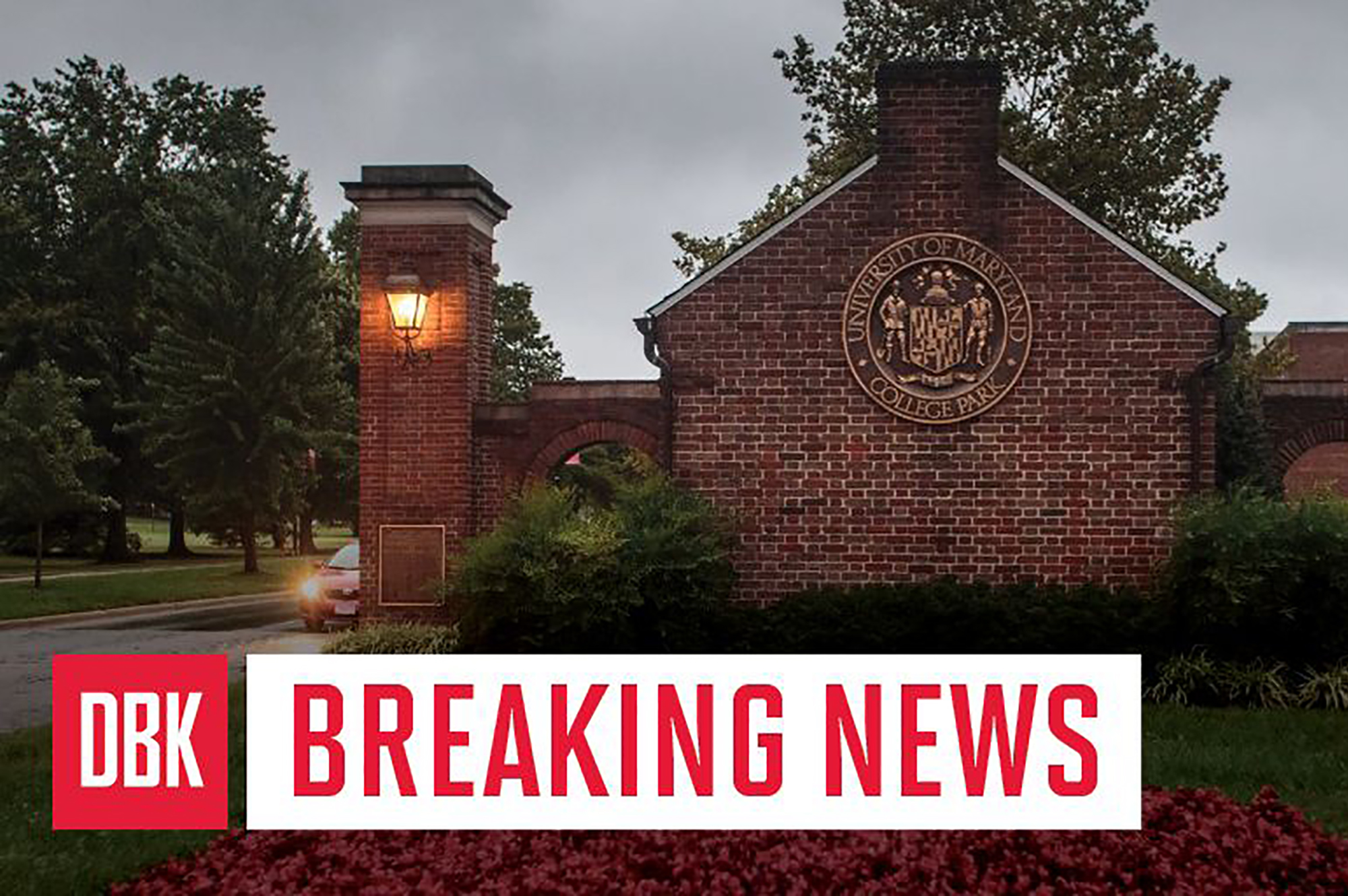By Carmen Molina Acosta and Angela Roberts
Senior staff writers
An independent report on the University of Maryland’s response to last fall’s adenovirus outbreak found the school complied with state, federal and campus protocols but faltered in its communication between departments.
Gov. Larry Hogan called for an investigation in May into this university’s response to the outbreak. Freshman Olivia Paregol, a criminology and criminal justice major, died Nov. 18 from complications of adenovirus.
The university first became aware of a case of adenovirus on Nov. 1, but didn’t notify the campus until the day after Paregol — who had Crohn’s disease and lived in Elkton Hall, one of the dorms most affected by a campuswide mold outbreak— died. The virus wound up spreading around campus, affecting more than 40 students by the end of the academic year.
In July, the University System of Maryland named a five-person panel — who had expertise in areas ranging from public health to communications — to assess the university’s response. After reviewing over 25,000 pages of documents and interviewing more than a dozen people, the panel concluded student health was a paramount concern in the university’s response and no employee withheld or delayed relevant information.
“That is not to say that the University’s response to these events was perfect,” the panel wrote in their report. “No response ever is.”
For one, the panel found that the University Health Center largely handled the adenovirus outbreak, while Residential Facilities addressed the mold outbreak. Both were treated as “departmental emergencies” rather than problems for the entire campus, it said.
“Both issues should have been viewed and handled as campus-wide emergencies which would have made available additional personnel, talent and resources,” the report read.
Experts say mold doesn’t cause adenovirus, though it can cause respiratory irritation and generally increase the likelihood of contracting a viral infection. Olivia Paregol’s father, Ian, has expressed concern that mold in his daughter’s dorm worsened her condition — and that the university did not communicate adequately with him about her illness.
The panel found the university did not appear to have a “mature culture of emergency management” across its campus, which would have allowed officials to more effectively respond to the mold and adenovirus outbreaks.
Moving forward, the panel recommended that the university designate a person in charge of crisis communication who has direct access to decision makers, and act faster in mobilizing its emergency plans during campus events.
“Emergency operations can be scaled back as appropriate but earlier activation is far better than activation that occurs too late,” the report read.
The panel also recommended that the university review the roles and responsibilities its employees have during campus emergencies, provide crisis management training to staff members and establish procedures for reaching students who have underlying health conditions during infectious disease outbreaks.
“I am incredibly impressed by, and grateful for, the work of these experts and the comprehensive nature of their findings,” Board of Regents Chair Linda Gooden wrote in a news release. “We appreciate Governor Hogan’s request that we undertake this review because it will inform the future work and emergency response protocols of every one of our campuses.”
In May, the Washington Post reported the university had considered telling students who had compromised immune systems and residents of the mold-laden Elkton Hall about the outbreak, but opted against it.
However, Ian Paregol has said that if his daughter’s doctors had known she had been exposed to adenovirus, her treatment would have been different. Paregol wasn’t informed that the virus was spreading on campus until mid-November, when he called McBride from the John Hopkins Hospital’s intensive care unit.
Up until then, Paregol had been treated as if she had bacterial pneumonia. After her father’s conversation with McBride, though, her doctors started treating her with an antiviral drug. But her condition didn’t improve, and she died five days later.
At the end of last semester, the Paregol family took steps to sue the university for its response to the spread of adenovirus and mold on the campus, which Ian Paregol said endangered students. He has also called for Loh to be removed as president immediately and sharply criticized his reaction to the crisis.
The panel interviewed Ian Paregol, but redacted parts of his testimony, citing privacy law. When reached by The Diamondback, Paregol wrote in an email he needed time to read the report before commenting on its content.
In a campuswide email on Wednesday, Loh wrote that the university offers its condolences to Olivia Paregol’s parents, family and friends as the one-year anniversary of her death approaches.
“Our campus works tirelessly on behalf of the health and safety of our students, faculty and staff, and we will carefully consider the report’s recommendations,” he wrote. “Our work on campus safety is always ongoing.”



